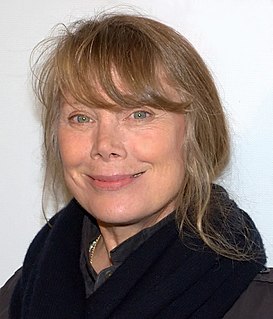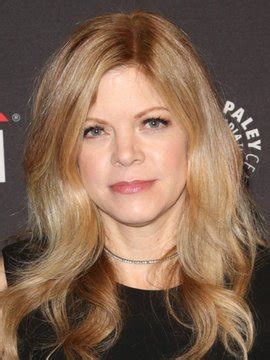A Quote by Debbie Reynolds
My lifetime dream has been to assemble and preserve the history of the Hollywood film industry.
Related Quotes
I'm not criticizing Hollywood because I work there, I partly live there. But I'm saying this is the way it is, commerce is taking over art. Commerce has become the most important thing in the film industry. Hollywood is an industry, it's not an art form, therefore they have to address the bottom line. But in a way it's sad when you get a remake, isn't it?
Los Angeles is Hollywood and Hollywood is Hollywood Blvd. It's the first thing you want to see. It's the only thing really that you know about as far as Los Angeles is concerned. And so you go and you look at Joan Crawford's hands and feet and the whole history of American filmmaking is encapsulated in that one little area on that one street. That street, to me, has always been the street of dream.


































